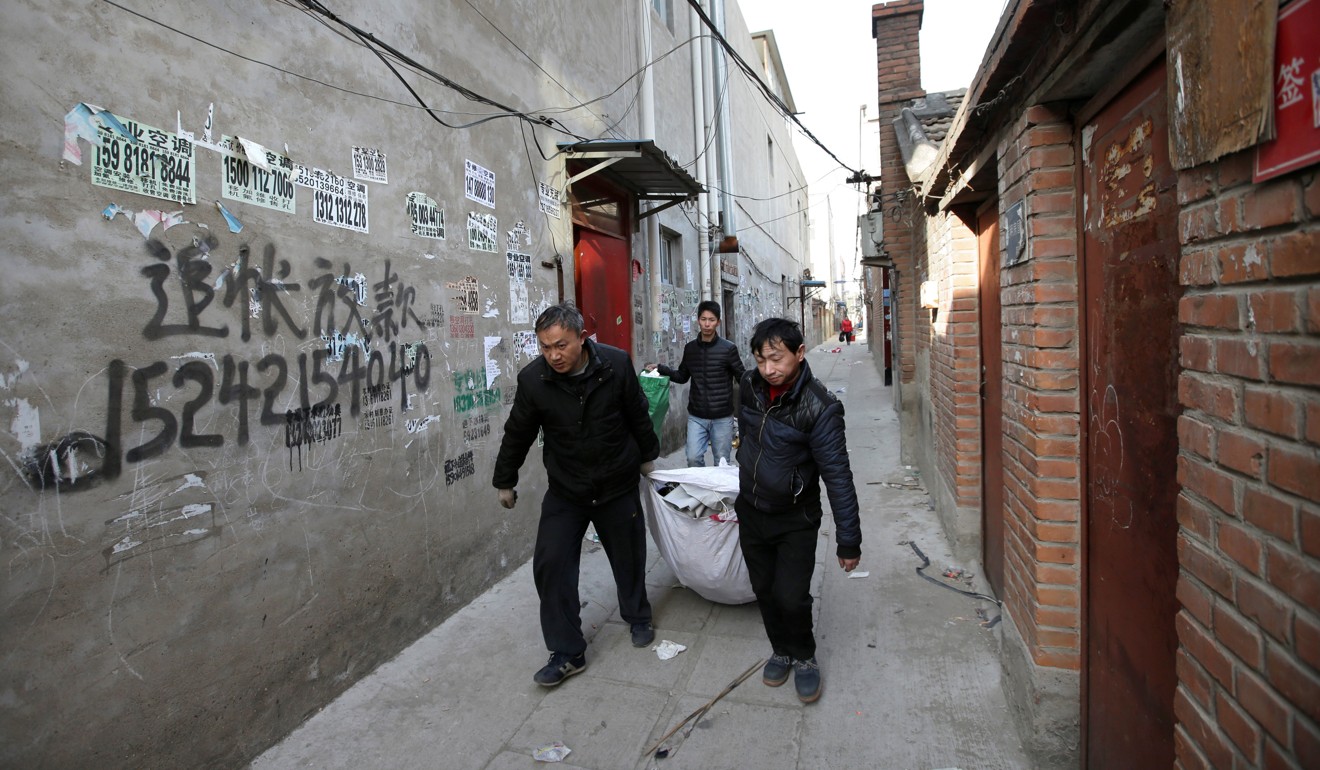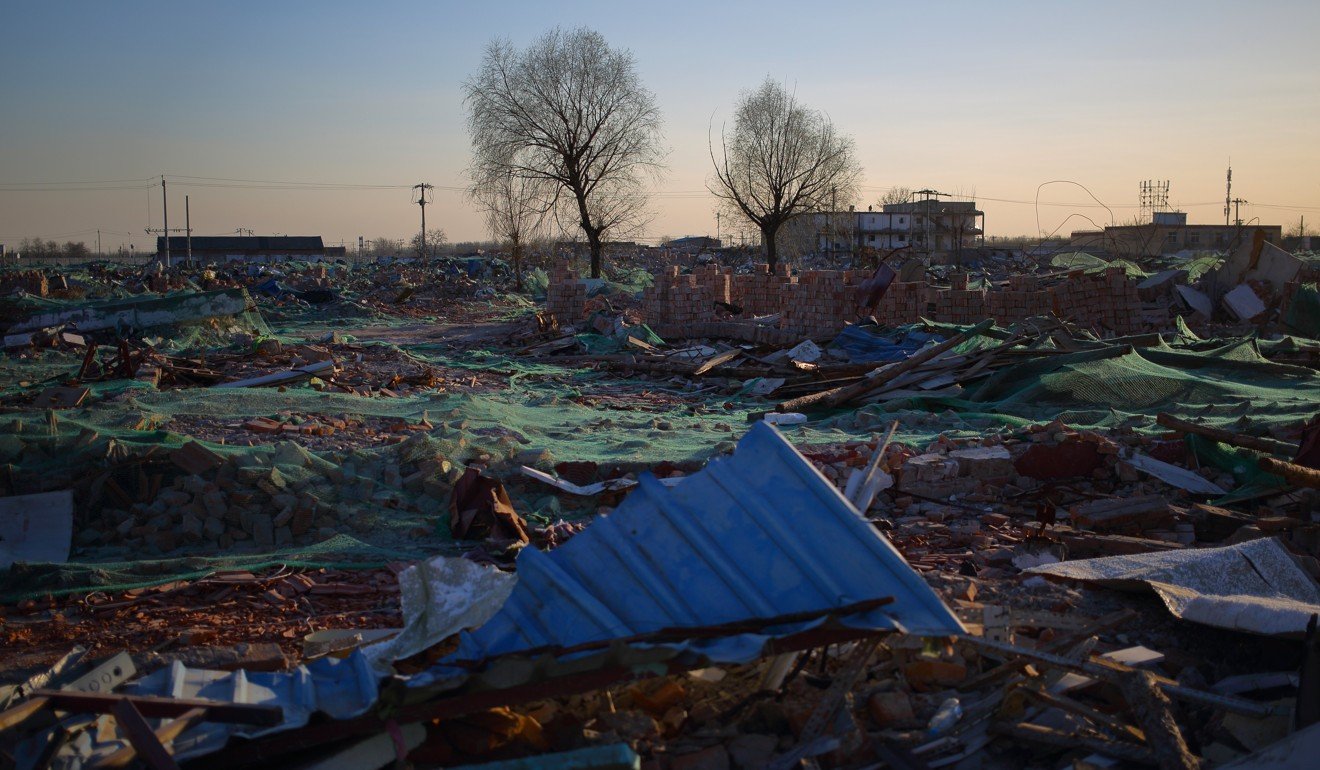Short-Term Solution : Long-Term Loss
"One minute you're drinking espressos, the next you're being evicted."
"I'm starting to think whether people like me have a future in Beijing."
"I don't think this will ever work. There are job opportunities in Beijing, and government policies can't stop people moving to get jobs If you do, the city pays a heavy price."
Si Ruomu, 28, computer programmer, Beijing
"To young tech workers like me, there's really no option -- only the big cities like Beijing have more opportunities."
"Tech workers for the bigger companies can get help from them. But for those working for small companies or start-ups, the evictions can be disastrous."
Hu Xianyu, 22, intern, Baidu employee
Authorities in Beijing, along with others of China's largest, most populous cities are beginning to target the outskirts where migrants who arrive from the countryside to find opportunity and employment to advance their futures live, and are viewed as unwelcome. Government is generous to those holding permanent residence papers, given access to housing, schools and health care. Migrant needs, however, are deliberately overlooked; they pay more for services living on the edges of Beijing where rent is lower.
It is those areas of lower rent, where elderly, dilapidated buildings are seen as an eyesore where migrant workers even though vital to the economy, are being evicted. The then-emptied buildings are torn down, as authorities condemn them, labelling them unsafe or illegal and leaving the migrants nowhere to live. Yet Beijing is dependent on the blue-collar migrants working as cooks, cleaners and vendors.
 |
| Migrant workers leave with their belongings after they were evicted during a safety inspection. Photo: Reuters |
Hundreds of people in a Beijing neighbourhood in the northeast on December 10 challenged the evictions and demolitions of their neighbourhoods, chanting "violent evictions violate human rights". Hoping, no doubt, that the authorities would notice, let alone care. Perhaps they overlook that Chinese government uses a hammer approach to such perceived problems, as they did with respect to rising population numbers by enacting laws legislating one-child families, penalizing those who dared resist.
In the short term, the government had its way; families found ways to give birth to boys, disposing of girls when they were allotted one child only, and now there is a desperate situation where young men vastly outnumber marriageable young women, creating yet another problem of demographics that the Chinese must grapple with. Complications arising from unmarried men viewed as poor employment prospects also leading to rising crime rates. Sometimes the choice of solutions to large problems only serve to enlarge the problems in other directions.
Police arrive at apartment buildings, ordering hundreds of residents to vacate within a 48-hour period, leaving people little time to make advance plans, to settle their affairs. The idea being to rid the cities of migrants they view as unwanted from the city's outskirt tenements, hitting both the blue-collar workers and the young college graduates seeking an improvement in their prospects for the future.
 |
| Many neighbourhoods such as Jiugong in Daxing, have already been reduced to rubble as part of the campaign. Photo EPA |
For its part, government cites the 21.7 million residents, with 8.1 million classed as migrants placing a strain on the city's resources. Xi Jinping, China's president, has urged Beijing to cap its population at 22 million by 2020 by clearing out gritty neighbourhoods. Experts, on the other hand, warn that choking off the flow of migrants risks losing the energy of entrepreneurs.
Labels: China, Migrant Workers, Population

<< Home